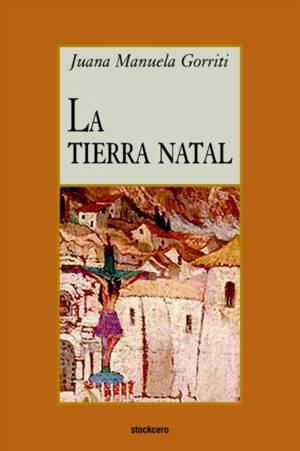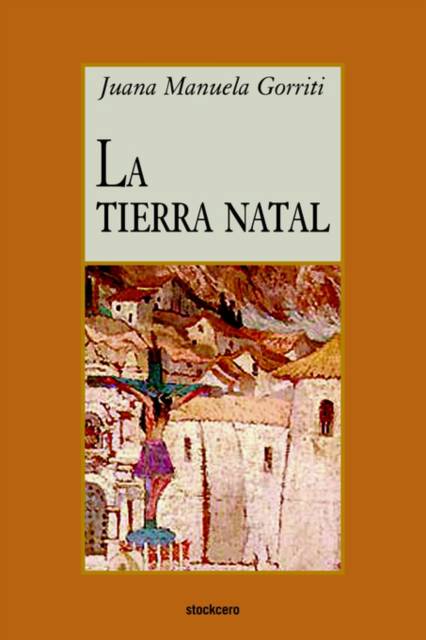
- Retrait gratuit dans votre magasin Club
- 7.000.000 titres dans notre catalogue
- Payer en toute sécurité
- Toujours un magasin près de chez vous
- Retrait gratuit dans votre magasin Club
- 7.000.0000 titres dans notre catalogue
- Payer en toute sécurité
- Toujours un magasin près de chez vous
Description
La tierra natal is a journey into the past, and also a farewell. Since 1831, when forced to follow her father into exile in Bolivia, Juana Manuela Gorriti had not returned to Salta; though there are some opinions about the stealth trip disguised in man's clothes, depicted in her short story "Gubi Amaya", being somewhat autobiographic. A trip from Buenos Aires up to the country's North in 1878 becomes frustrated at Tucuman. And it is just in 1886, fifty five years after her departure, that she can return to Salta. Just twenty days, to walk her memories, talk with with the descendants of her own people, and be welcomed as a notable personality, a living legend, as she shyly and painfully acknowledges . The book contains a complex travel narrative: a return to the birthplace and also to the past; but above all, to the interior of memories, to the comparison of the real to-day with what the memory, filled with the want of permanence, has treasured. A wanting that shows itself in the superimposing of faces and characters; a grandfather in the poise of his grandson, a historic reference in a house façade, or a ghost from the past that returns as someone innominated passing by the street. The wandering is not motivated by nostalgia of what cannot be brought back, but the search of understanding what exists now, where what was then is no longer there. The structure is that of the best travel books: the trip becomes the thread, but the interpolation of remembrances is responsible for the weave. A useful background fact is that, according to the 1895 census, the province of Salta had 118.015 inhabitants, and the capital city that awaited Juana Manuela Gorriti only 20.361; thus it was small, deeply religious and the rural aspects still permeated the everyday life.
Spécifications
Parties prenantes
- Auteur(s) :
- Editeur:
Contenu
- Nombre de pages :
- 88
- Langue:
- Anglais
Caractéristiques
- EAN:
- 9789871136360
- Date de parution :
- 21-09-05
- Format:
- Livre broché
- Format numérique:
- Trade paperback (VS)
- Dimensions :
- 152 mm x 229 mm
- Poids :
- 140 g

Les avis
Nous publions uniquement les avis qui respectent les conditions requises. Consultez nos conditions pour les avis.






